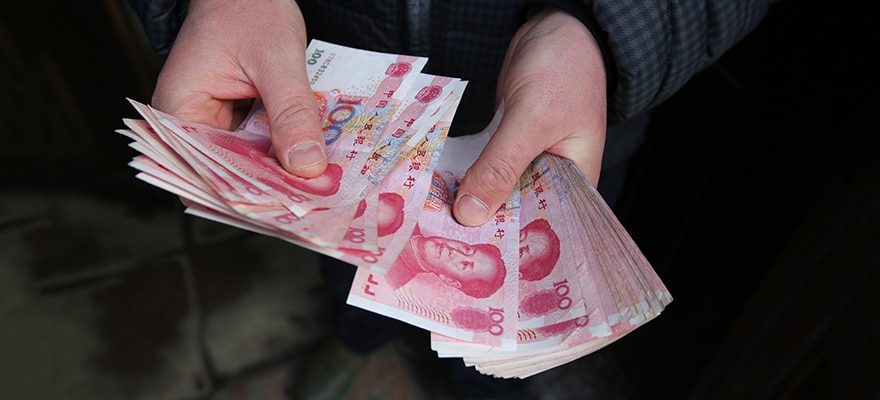FX trading regained strong volumes at Moscow Exchange (MOEX) during December, as investors’ interest roared back from the depths of the Covid-19 Volatility , according to a monthly report from Russia’s largest institutional trading venue.
Today, MOEX said its total FX market turnover jumped 15 percent from a month earlier.
MOEX’s figure for December posted RUB 31.3 trillion ($424 billion) from the RUB 27.3 trillion ($362 billion), which exchanged hands in November 2020. This is also higher compared with volumes from the same month a year earlier, having gained 33 percent when weighed against RUB 23.5 trillion in December 2019.
December 2020’s turnover included spot trades of RUB 10.3 trillion ($139 billion). This surpassed the RUB 9.4 trillion ($124 billion) in the previous month, while swap trades and forwards totaled RUB 21.0 trillion ($285 billion).
In terms of the average daily volumes in December 2020, the metric printed RUB 1.424 trillion ($19.33 billion), which is up from RUB 1.357 trillion ($17.5 billion) in the prior month, Moex said in a statement. Additionally, year-on-year, the ADV figure was up 27 percent from RUB 1.117 trillion or $17.7 billion in 2019.
Investors’ interest in OTC derivatives trading at Moscow Exchange (MOEX) continued its upward route in 2020 buoyed by a steady rise in volatility. This was coupled with a multi-year effort to bring new business to the platform.
The exchange has recently unveiled a new FX algorithmic trading service in a major upgrade to its infrastructure, which comes amid Kremlin-backed efforts to make MOEX one of the world’s leading financial hubs.
By leveraging the breadth of MOEX’s liquidity network, emerging markets connections and FX expertise, these strategies could help users make their FX Execution more efficient.
The use of algorithmic execution tools in foreign exchange has increased significantly since March 2020 as coronavirus-led volatility drives FX traders to seek increased efficiencies in trading.
Alongside other asset classes, the FX market has responded to the COVID-19 pandemic with worrying volatility.

















